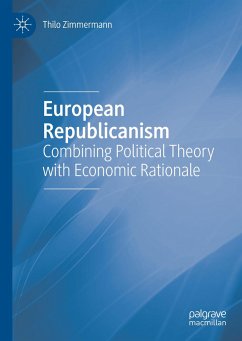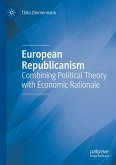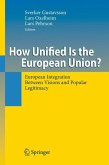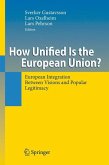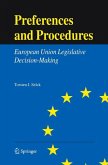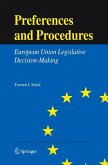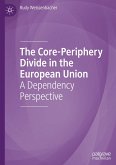This book presents current theories of European integration, such as federalism, neo-functionalism and liberal intergovernmentalism with their strengths and weaknesses. It is then argued that the combination of republican theory with public good theory, the res publica of public goods, could better explain European integration. Public good theory has, however, to be adopted in order to make it applicable to European republicanism. Finally, the book demonstrates how this new framework can influence further academic debates, such as on sovereignty and monetary integration, externalities of a common European market and the driving force of European integration. It is maintained that as the republican approach does not follow a pure economic logic, there remains space for political considerations and motivations.
In this topical and interdisciplinary book, the author combines many important strings of European integration theory, history, economics and political sciences, which are clearly brought together into a coherent analytical discourse. Its strength is the interdisciplinary interaction between politics and economics, as well as theoretical and practical issues which are of high relevance for public debate in Europe.
This book will be of interest to scholars and students interested in economic integration, as well as history and political philosophy.
In this topical and interdisciplinary book, the author combines many important strings of European integration theory, history, economics and political sciences, which are clearly brought together into a coherent analytical discourse. Its strength is the interdisciplinary interaction between politics and economics, as well as theoretical and practical issues which are of high relevance for public debate in Europe.
This book will be of interest to scholars and students interested in economic integration, as well as history and political philosophy.

